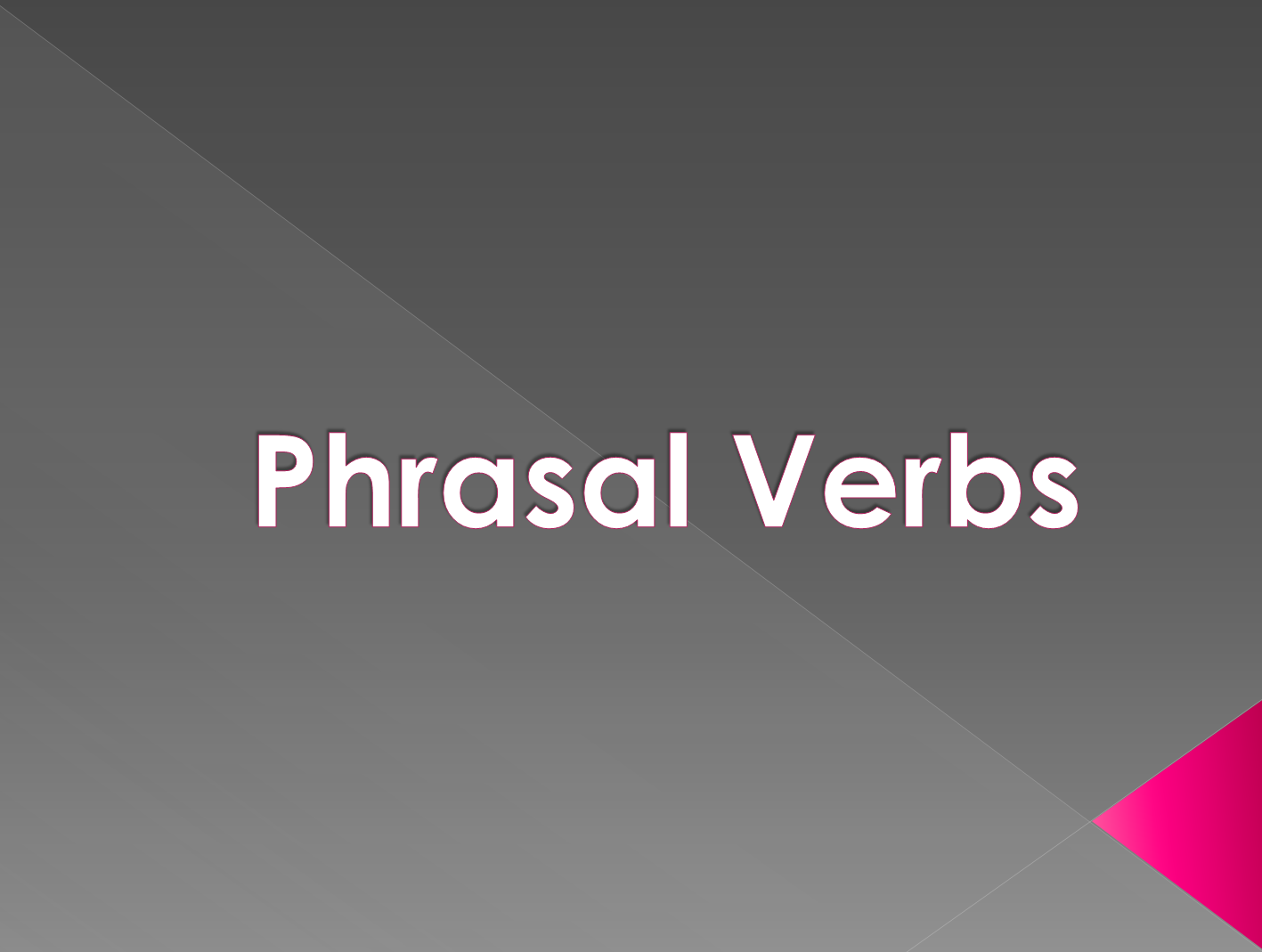
The TOEIC (Test of English for International Communication) is an English language proficiency test designed to assess the English language skills of non-native speakers in a business or professional context. The test is widely used by organizations around the world to evaluate the English language skills of job candidates, employees, and students.
The TOEIC test consists of two parts: the TOEIC Listening and Reading Test and the TOEIC Speaking and Writing Test. The TOEIC Listening and Reading Test is a paper-and-pencil test that consists of multiple-choice questions, while the TOEIC Speaking and Writing Test is a computer-based test that consists of spoken and written responses to prompts.
The test is designed to measure a wide range of English language skills, including listening comprehension, reading comprehension, speaking ability, and writing ability. Overall, the TOEIC is a widely recognized and respected English language proficiency test that is used by organizations around the world to evaluate the English language skills of non-native speakers.
Q&A Topic: Budgeting
Budgeting is the process of creating a plan to spend your money. This involves identifying your financial goals and determining how much money you will need to achieve them. It also involves identifying where your money is currently being spent and finding ways to cut back on unnecessary expenses in order to allocate more money towards your goals.
Here are some steps you can follow to create a budget:
- Determine your income: This includes all sources of money that you receive, such as your salary, investments, and any other income streams.
- Identify your fixed expenses: These are expenses that stay the same every month, such as rent or mortgage payments, car payments, and insurance premiums.
- Identify your variable expenses: These are expenses that can vary from month to month, such as groceries, entertainment, and dining out.
- Determine your savings goals: These are the amounts you want to save each month in order to reach your financial goals, such as saving for retirement, building an emergency fund, or paying off debt.
- Create a budget plan: Use this information to create a budget plan that allocates your income towards your fixed and variable expenses, as well as your savings goals.
- Track your spending: Keep track of your spending to make sure you are sticking to your budget. If you find that you are overspending in certain areas, try to cut back and redirect that money towards your savings goals.
Remember, the key to successful budgeting is to be disciplined and consistent. It may take some time to get used to budgeting, but it can be a very effective tool for helping you reach your financial goals.
Here are some questions that can help you to clear the TOEIC exam:
Q1 Budgeting is a combination of mathematics and guesswork: some ___________ are precisely known, while others are less clear.
(a) factions
(b) factors
(c) fallacies
(d) fractions
Answer: (b) factors
Q2 Every company should prepare a complete budget and constantly ___________ its performance against that budget.
(a) match
(b) merge
(c) mirror
(d) monitor
Answer: (d) monitor
Q3 Any variation from a budget should be investigated and explained, and ___________ action should be taken to correct any problems.
(a) planned
(b) potential
(c) practiced
(d) prompt
Answer: (d) prompt
Q4 When you have set a budget, you should ___________ to it as much as possible, but revise it when necessary.
(a) stand
(b) start
(c) stick
(d) stretch
Answer: (c) stick
Q5 Budgeting itself can help a company reduce costs, because every item in it must be ___________ beforehand.
(a) certified
(b) justified
(c) ratified
(d) rectified
Answer: (b) justified
Q6 The wrong way to prepare a budget is to simply include everything at last year’s level plus annual ___________.
(a) accrual
(b) increment
(c) inflation
(d) investment
Answer: (c) inflation
Q7 Focus first on the largest costs, since they should have the greatest ___________ for reduction.
(a) potency
(b) potential
(c) prediction
(d) projection
Answer: (b) potential
Q8 Do not overestimate the ___________ sales for the budget period.
(a) conjectural
(b) considered
(c) determined
(d) projected
Answer: (d) projected
Q9 Creating a(n) ___________ forecast requires estimating the expected monthly expenditures and matching those against the likely monthly income.
(a) cash flow
(b) current account
(c) operating
(d) turnover
Answer: (a) cash flow
Q10 Many companies maintain a ___________ budget, so that they are continually budgeting for this time next year.
(a) floating
(b) moving
(c) rolling
(d) shifting
Answer: (c) rolling
You may also like:- Idioms and Other Expressions Used For Talking About ‘Work’
- What Are Weasel Words?
- Money and Finance – Test Your Knowledge
- Phrasal Verbs, Idioms and Other Expressions Using ‘CUT’
- How to Say Time in English
- Idioms and Other Expressions Used For Talking About Money
- Shopping and Consumerism – Match the Correct Name
- Phrasal Verbs – Choose the Correct Verb
- Currency Markets – Choose The Best Words
- Personal Qualities – Use the Best Nouns and Adjectives








